Product Consultation
Your email address will not be published. Required fields are marked *
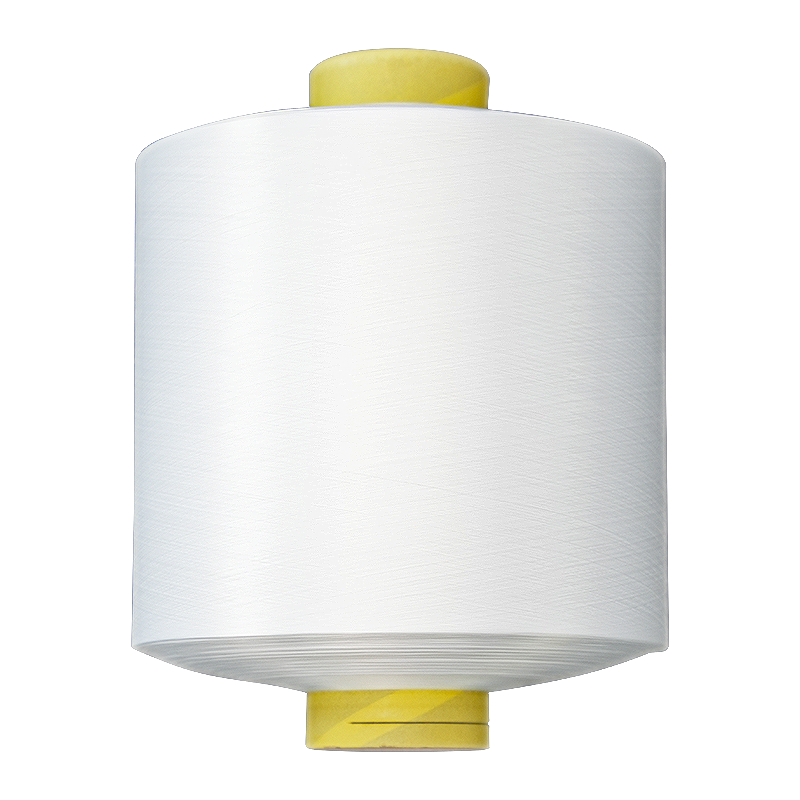
Nylon Elastic Yarn: Why It’s Suddenly a Big Topic in Textile Manufacturing
Jan 15,2026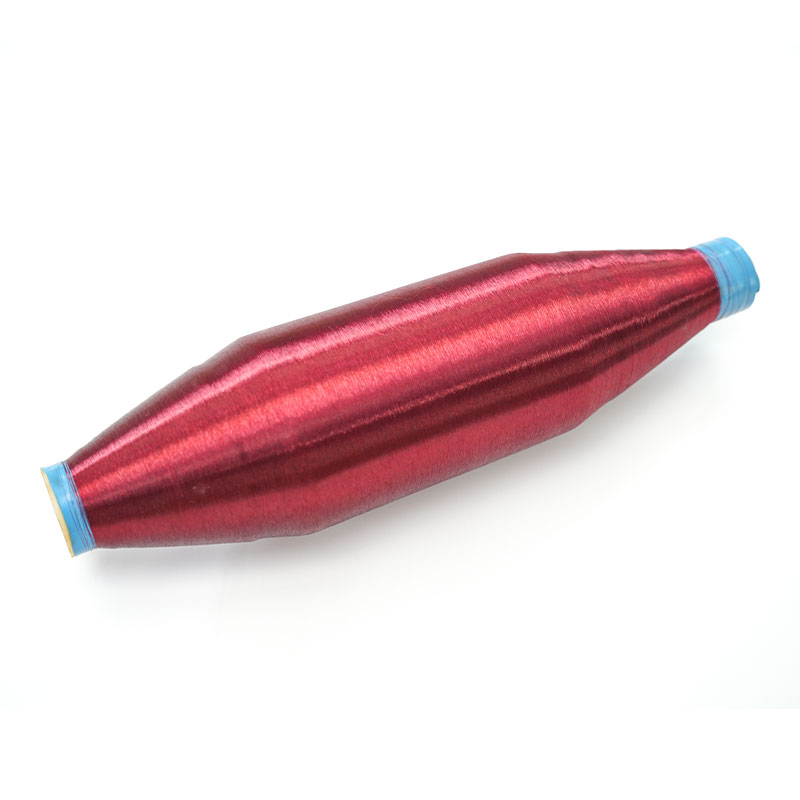
Are the diameter and surface quality of the nylon monofilament yarn uniform and consistent?
Jan 08,2026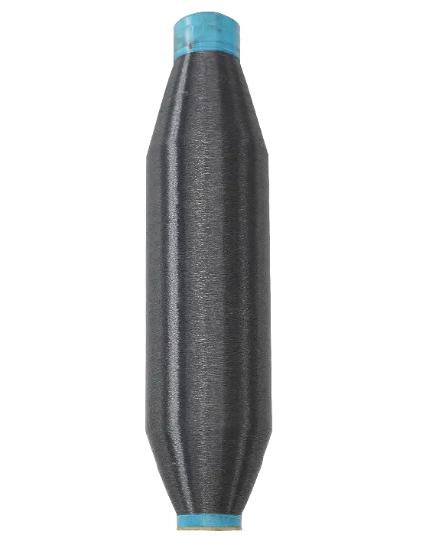
Does nylon multifilament yarn maintain stable performance under high-strength stretching or prolonged use?
Jan 01,2026The diameter or thickness of nylon monofilament yarns significantly influences their strength and usability across various scenarios. Here's how:
Strength: The diameter or thickness of nylon monofilament yarns directly influences their strength characteristics. Thicker yarns inherently possess a larger cross-sectional area, allowing them to distribute stress more effectively when subjected to tension. This means that thicker yarns generally exhibit higher tensile strength, making them ideal for applications where durability and load-bearing capacity are paramount. In industrial settings, such as in the construction of heavy-duty ropes or safety nets, thicker nylon monofilament yarns are preferred due to their ability to withstand significant forces without breaking or stretching excessively.
Flexibility: Thinner nylon monofilament yarns boast greater flexibility owing to their reduced cross-sectional area and increased surface-to-volume ratio. This inherent flexibility enables them to bend and conform more readily to curved or irregular surfaces without sacrificing their structural integrity. Consequently, thinner yarns find extensive use in applications that demand flexibility and drape, such as in textile weaving for creating intricate patterns or in the production of lightweight garments that require fluid movement and comfort.
Abrasion Resistance: Thicker nylon monofilament yarns offer superior resistance to abrasion compared to their thinner counterparts. The increased thickness provides a thicker protective barrier against friction and wear, thus reducing the likelihood of surface damage or abrasion-induced weakening over time. This enhanced durability makes thicker yarns well-suited for applications subjected to abrasive conditions, including heavy-duty industrial conveyor belts, marine ropes exposed to saltwater environments, or outdoor sporting equipment like climbing ropes and hammocks used in rugged terrain.
Knot Strength: The diameter of nylon monofilament yarns significantly affects the strength and reliability of knots tied with them. Thicker yarns offer more material for securing knots, resulting in higher knot strength and greater resistance to slippage or unraveling. This is particularly critical in applications where knots are subjected to substantial stress, such as in fishing lines where secure knots are essential for landing and controlling fish without breakage. Thinner yarns, while still strong, may require more precision in knot tying to ensure optimal strength and stability.
Visibility: Thicker nylon monofilament yarns are generally more visible in water or air compared to thinner ones due to their larger diameter. This increased visibility can be advantageous or disadvantageous depending on the application context. For instance, in fishing, highly visible lines may attract fish in murky waters by enhancing visibility, but they might spook fish in clear conditions due to their conspicuousness. Conversely, thinner, less visible yarns are favored for stealthier approaches in fishing or for applications where inconspicuousness is desired, such as in sewing threads for delicate or transparent fabrics where visible stitching would detract from the overall aesthetic.
Handling and Casting: Thinner nylon monofilament yarns offer reduced air resistance during casting and superior handling characteristics owing to their sleeker profile and decreased weight. This results in smoother, more controlled casting motions and improved sensitivity to subtle bites or strikes, making thinner yarns the preferred choice for precision casting in recreational and competitive fishing. Thinner yarns are easier to manipulate and tie knots with, enhancing user convenience and efficiency during rigging and setup.
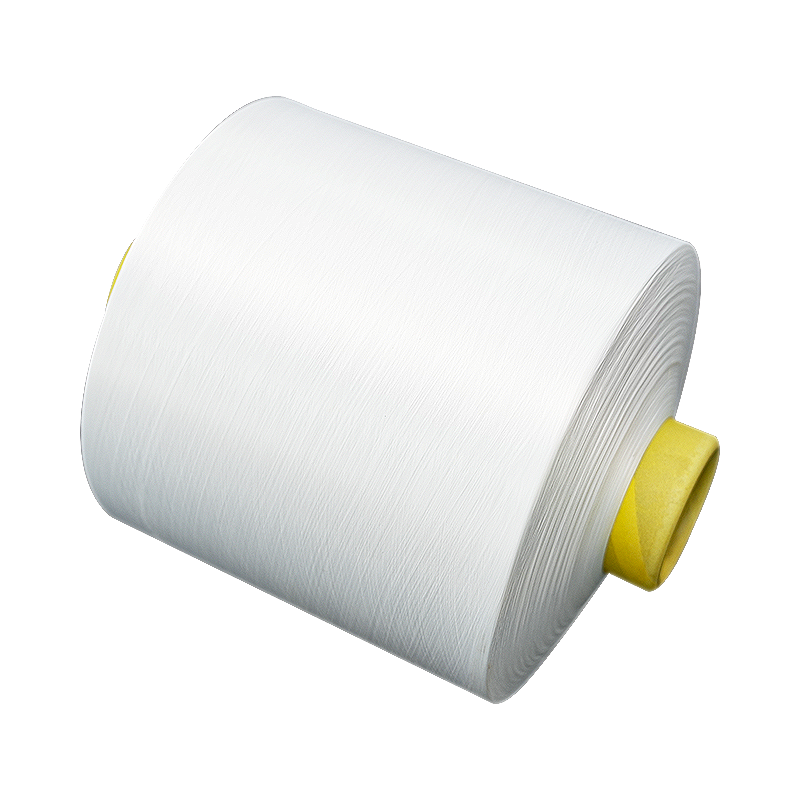
What are the key properties of nylon elastic yarns?
2024-06-19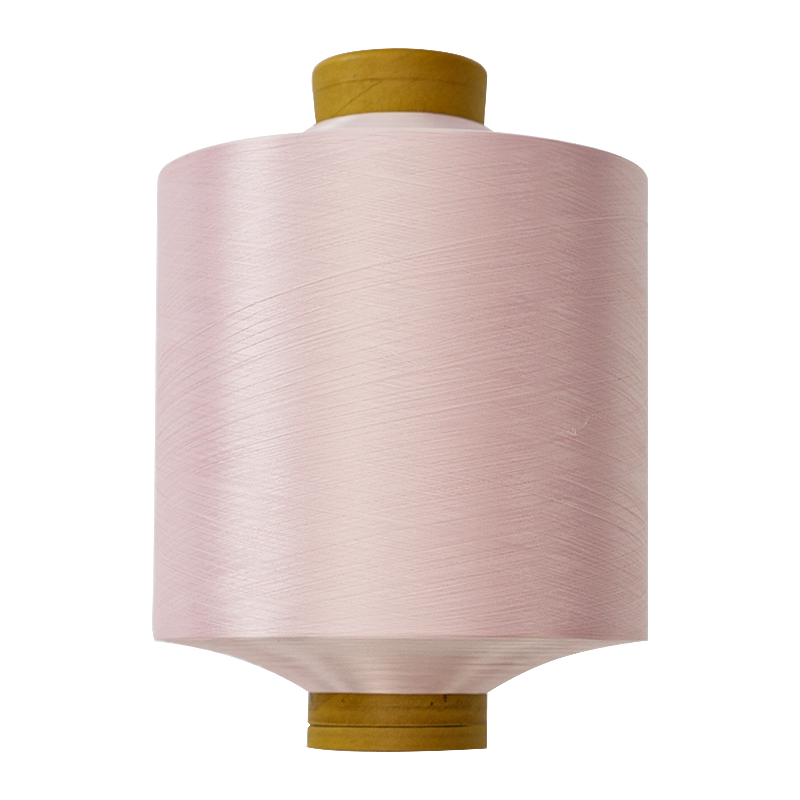
What are the primary benefits of incorporating nylon elastic yarns into textile manufacturing processes?
2024-06-19Your email address will not be published. Required fields are marked *
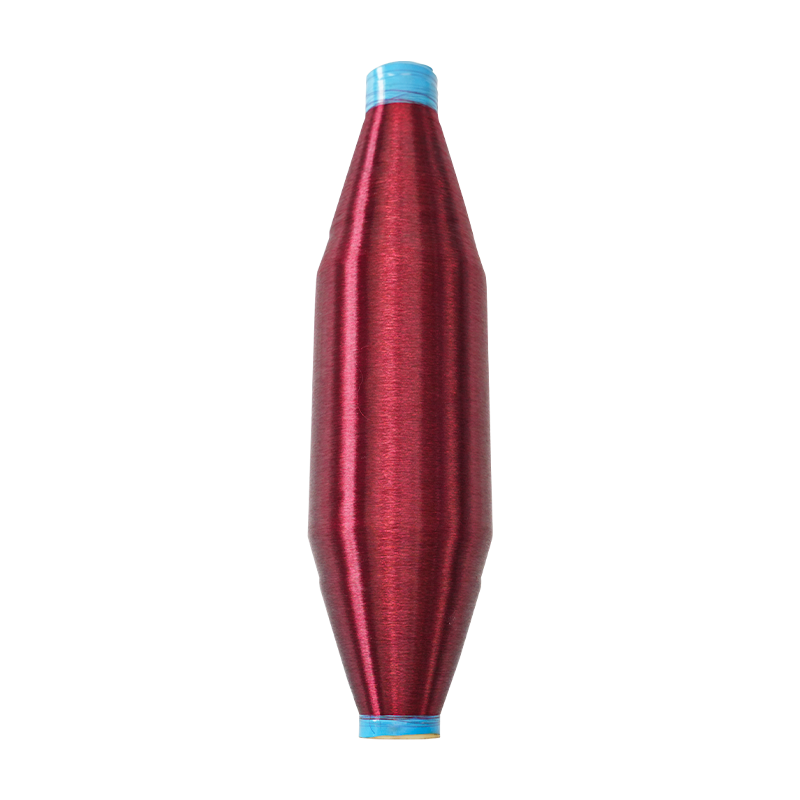
Biodegradable nylon yarn biodegrades faster in the environment than traditional synthetic fibers, helping to reduce negative environmental impacts. It also has the properties of nylon fiber, such as h...
See Details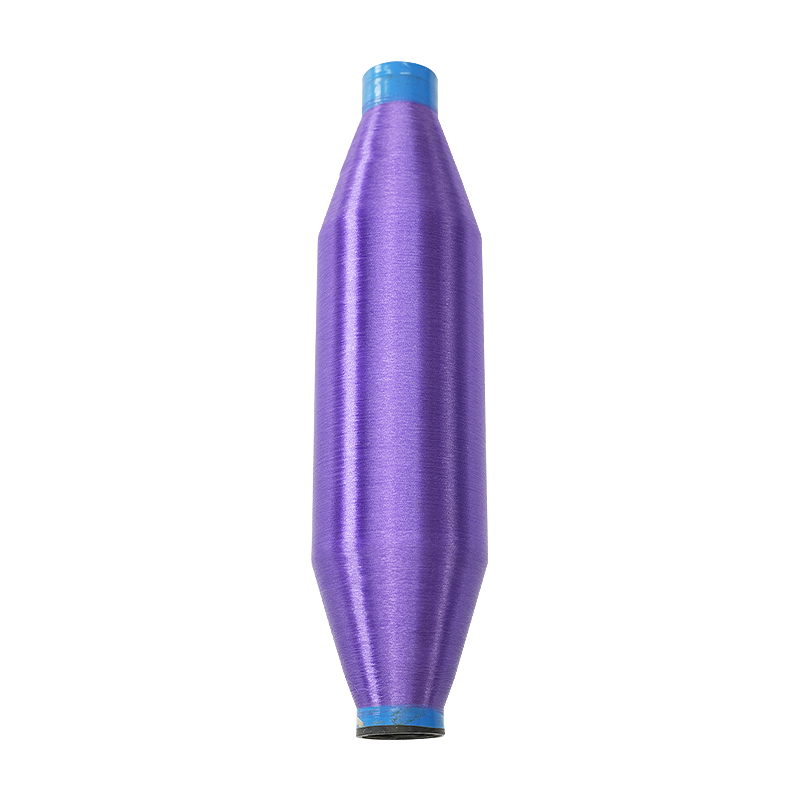
Single Strand Biodegradable Yarn is a single-strand structure, consisting of a single fiber bundle with no multiple strands tangled together. This structure makes the yarn softer, and smoother and exh...
See Details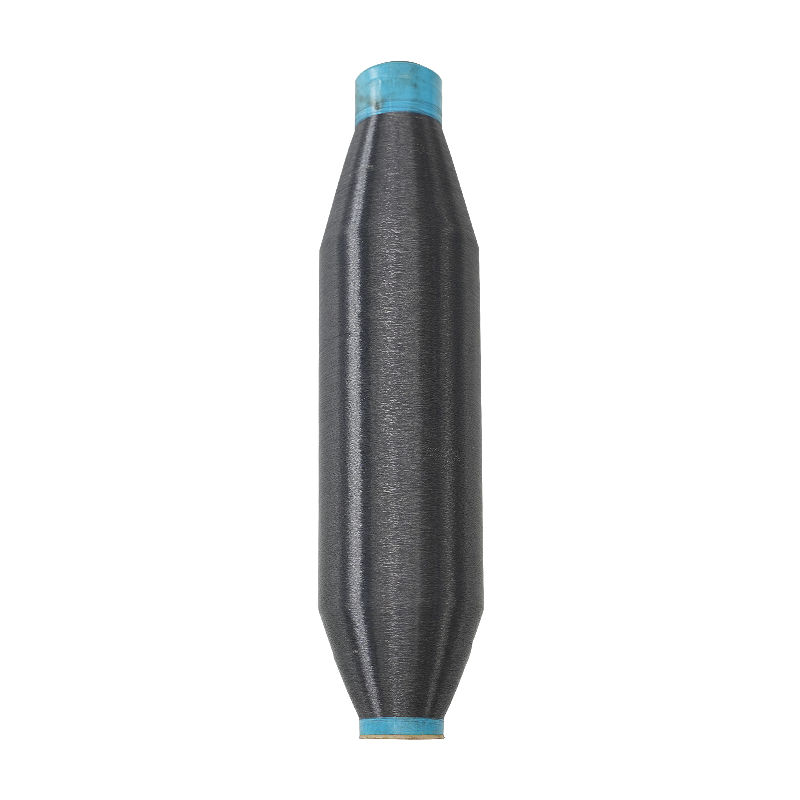
Nylon is a synthetic fiber with good strength and wear resistance, so 40D biodegradable yarn inherits the properties of nylon fiber. It has tensile strength, abrasion resistance and corrosion resistan...
See Details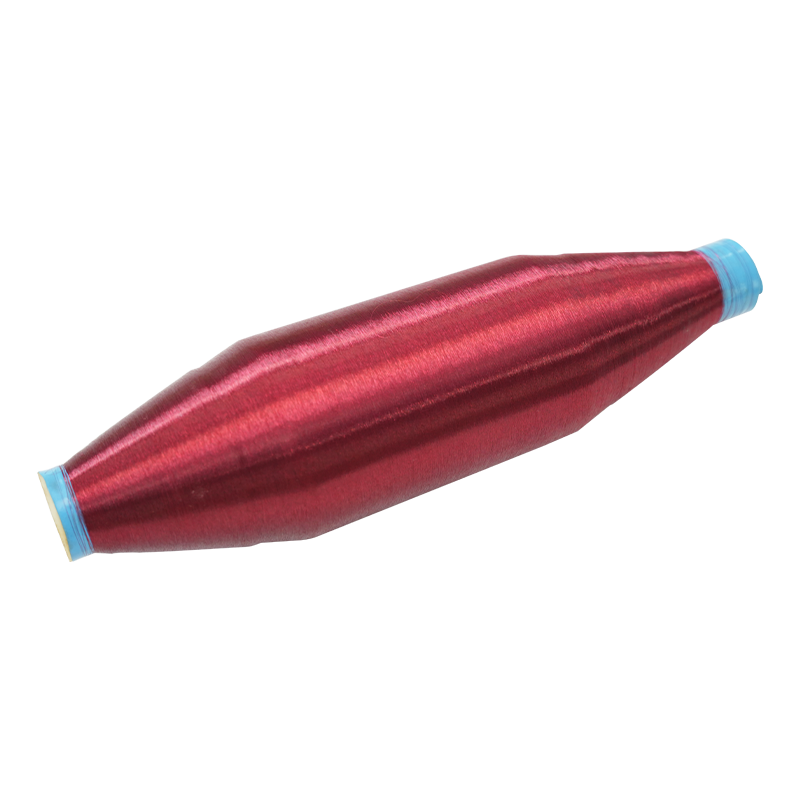
Antiviral nylon Monofilament Yarn can inhibit the survival of viruses on the surface of the yarn, which can effectively reduce the risk of virus transmission and improve user safety. The yarn has a mo...
See Details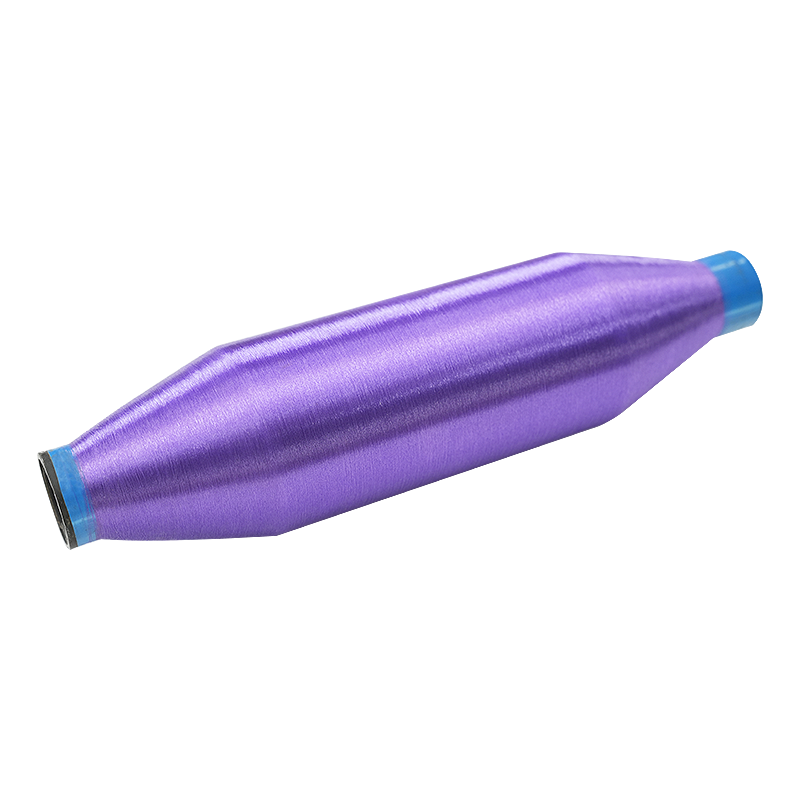
Graphene yarns can be produced by a variety of methods, including chemical vapor deposition (CVD) and wet spinning. In CVD, graphene is grown directly on a substrate, which is then removed to obtain g...
See Details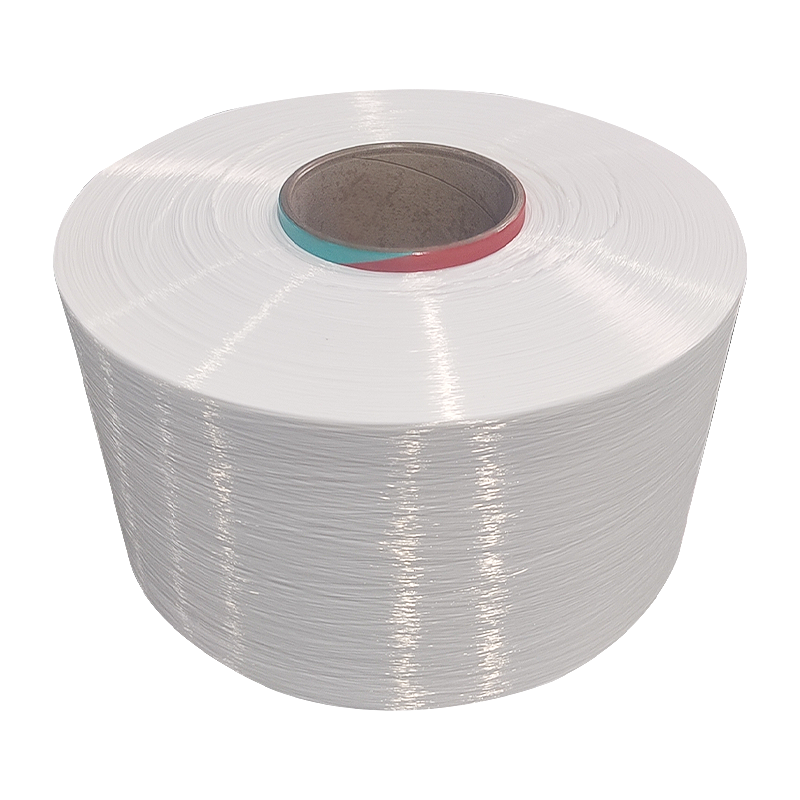
Colored Nylon Mother Yarn can be processed through spinning, drawing, dyeing and other processes to meet the needs of different textiles. It has good processing adaptability and can be made into vario...
See Details
The diameter of Durable woven nylon mother yarn is 240D, the fiber thickness is medium, and it is suitable for the manufacture of a variety of textiles. This product has good tensile strength and will...
See Details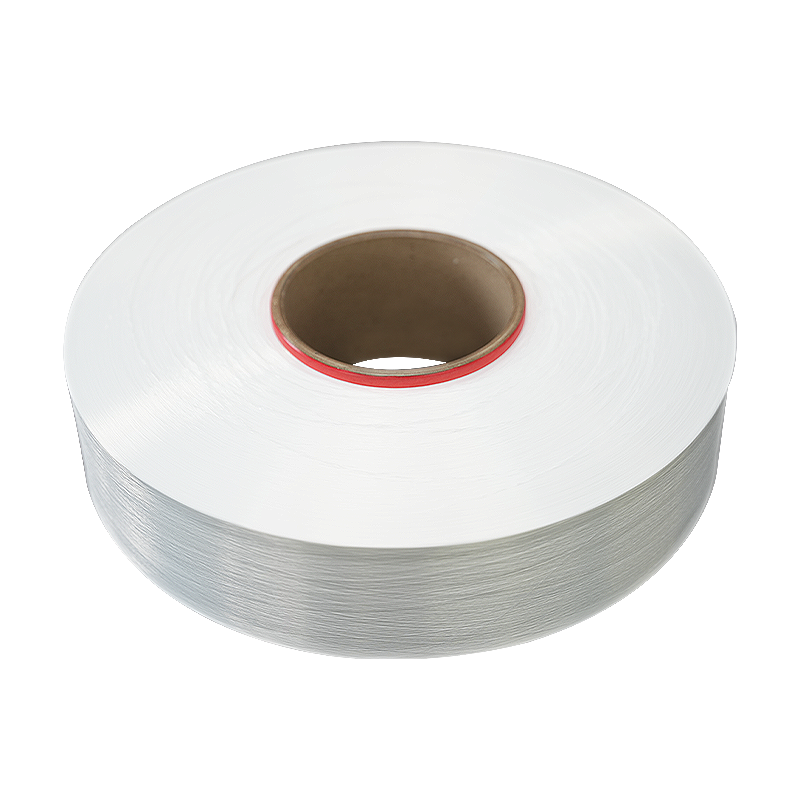
Polyester blended FDY yarn is a standard 50D yarn made from a blend of polyester and nylon. It combines the characteristics of both fibers and has durability and breathability. It has a wide range of ...
See Details
Nylon composite yarn has high strength and toughness. Textiles made with Nylon composite yarn have good stretch resistance and tear resistance. This yarn has a wide range of applications and can be us...
See Details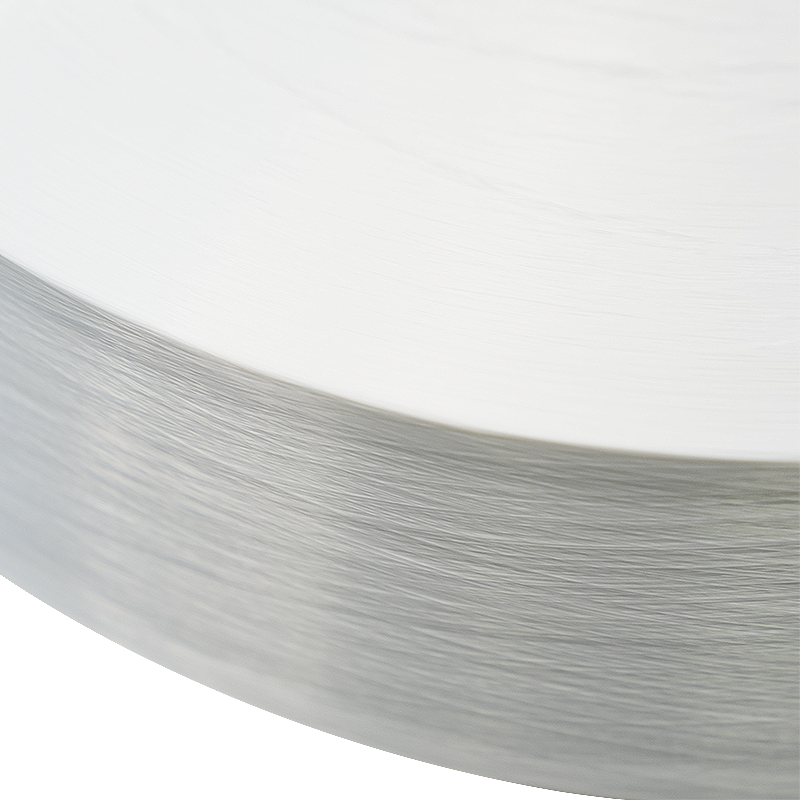
Composite fiber yarn for textile use consists of 48 monofilaments. Relatively thin and composed of multiple filaments, it adds softness and texture to the fabric. This product is suitable for the manu...
See Details
Water-repellent high Filament spun yarn has strong water resistance, providing an extremely delicate touch while retaining strength. Suitable for a wide range of applications from intricate embroidery...
See Details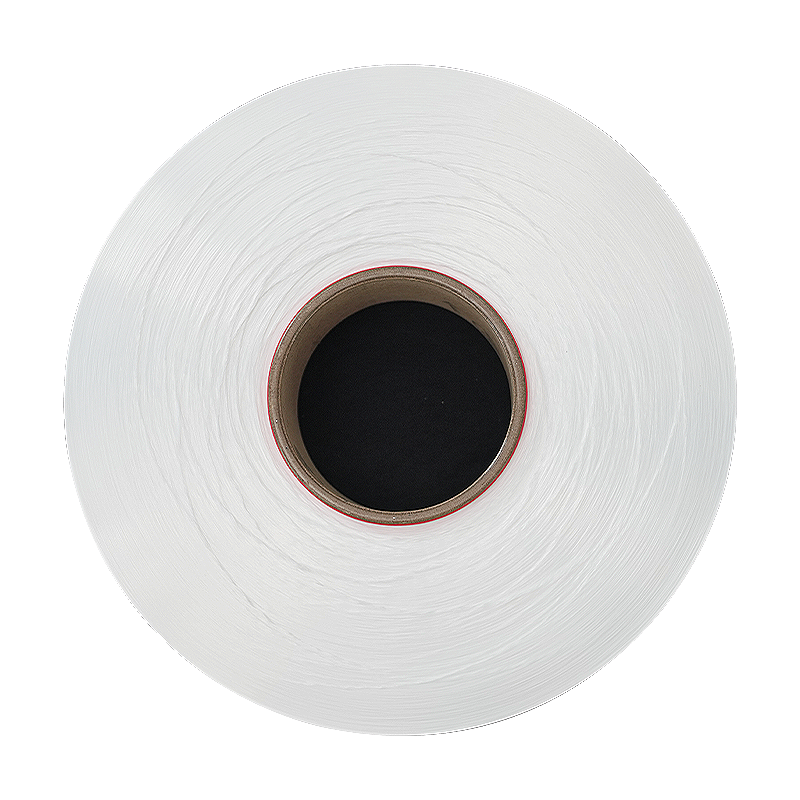
The fibers of 210D water-repellent yarn are relatively thick, making the yarn highly wear-resistant and durable, making it suitable for long-term use. Composite fiber enables yarn to have the advantag...
See DetailsAddress: Duntou industrial park, haian county, nantong city,jiangsu province ,China.
TEL: +86 15850491859
E-mail: sales-betty@hsnylon.com
If You Are Interested In Our Products, Please Consult Us